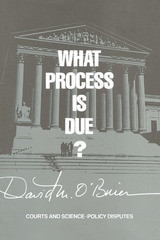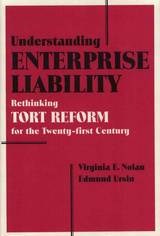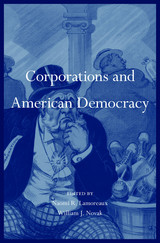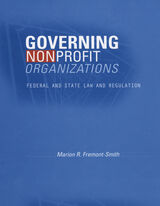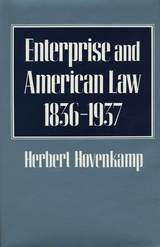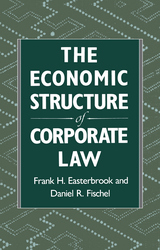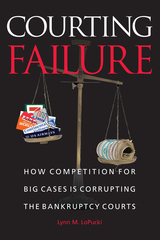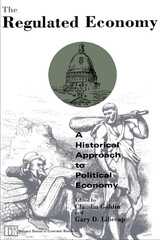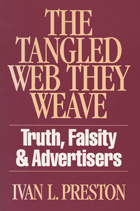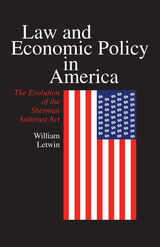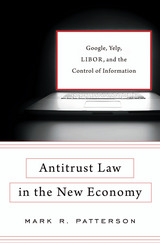Cloth: 978-0-674-51298-6
Library of Congress Classification KF1390.C6S67 1995
Dewey Decimal Classification 302.3
Whether we are black, gay, Republican, women, or deaf, our associations--whether voluntary or assigned--constitute crucial and inescapable elements of our identities. Both voluntary and involuntary groups have been important in American history--more important than is generally recognized. But these groups have never been adequately addressed by law, which has as its primary focus the relationship between the individual and the state. The company we keep, says the constitutional law scholar Aviam Soifer, is presumed to be each person's own business, and generally beyond notice of the law. But as America becomes a more varied country and issues arising out of multiculturalism threaten to divide us, it becomes essential, Soifer argues, to recognize rights under the First Amendment that will protect the crucial roles of groups and communities within the larger national community.
Legal doctrine and the outcomes reached in judicial proceedings will be more coherent if we acknowledge that groups qua groups have significant legal impact. The building blocks of any quest for justice must include the groups--social, political, professional, civil, interpretive, religious--from which we derive and apply ethical standards in search of a better life. The ability to step outside traditional doctrinal boxes that concentrate on relationships between individuals and government will help not only legal thinkers but every person to reason toward justice.
Using history and literature to explore the complex issues of individual and group rights, Law and the Company We Keep is the first sustained account of the presence and importance of groups in our legal culture. It confronts central questions about the multiple roles of culture and symbol in defining our groups, and through them, our lives.
See other books on: Collective settlements | Company We Keep | Culture and law | Freedom of association | Group identity
See other titles from Harvard University Press







